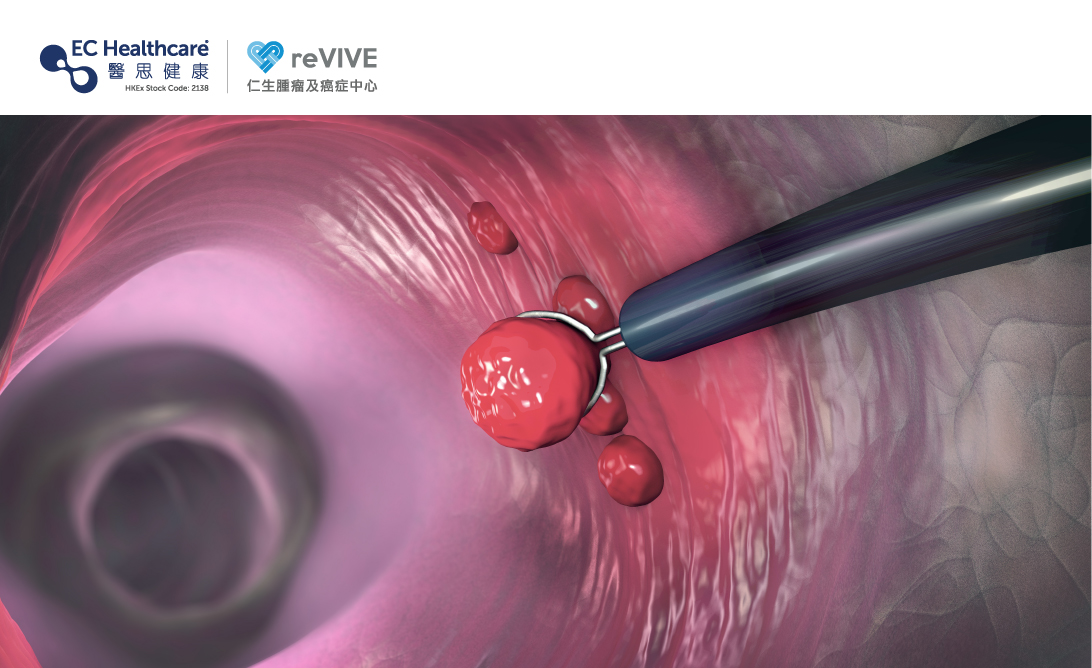9 Major Causes of Constipation: Straining to Defaecate Every Day Also Play A Part


Constipation is a common gastrointestinal problem, but many of us just brush it off. Especially with our busy modern life, changes in diet and lifestyle habits can give us even higher chances of constipation. In fact, constipation is more than just a mere difficulty in excreting your body waste – it can lead to a series of health issues. In this blog, we will explain 9 common causes of constipation to help you understand more about the condition and maintain good gastrointestinal health.

1.Lack of fibre and water
Dietary fibre and water are important nutrients that help keep our digestive system working properly. Dietary fibre helps increase stool volume and maintain normal bowel movements, while water helps soften stool and make it easier to pass. However, most people consume less than 25-30 grams of dietary fibre and 1.7-2.2 litres of water per day. If you lack these nutrients in your diet, you have a higher chance of constipation. You should increase your dietary fibre intake, drink plenty of water to maintain water balance in the body, and avoid excessive consumption of high-sugar and high-fat foods to prevent the worsening of constipation problems.
2.Forcing yourself to defaecate every day
Some people believe that they should have a bowel movement every day to maintain good health. However, if you force yourself to defaecate when you don't feel the urge to do so, it can actually backfire. Straining to defaecate when you don't feel the urge can increase the burden on your intestines and damage the anus and rectum, causing problems such as haemorrhoids. Some people even rely on laxatives and enemas out of fear of not having a bowel movement every day. Once they develop a dependence on these drugs, they may find it hard to defaecate without them. In fact, it is normal to not have a bowel movement for 1-2 days.
3.Improper daily habits
Some daily habits such as a sedentary work style, lack of exercise, and incorrect posture during defaecation can also lead to constipation. If you maintain these habits for a long time, it can affect the normal operation of the digestive system. You should get rid of these bad habits, do more physical activities like standing up and walking around, and revise your work and lifestyle habits to maintain a healthy digestive system.
4.Children ignoring the urge to defaecate
Children may ignore the urge to have a bowel movement because they are busy playing or studying. This may cause the stool in the intestine to become drier and harder over time, leading to constipation. Parents should always pay attention to the health of their children and encourage them to develop regular bowel movement habits. For children who have constipation problems, parents should give them support and encouragement to help them overcome this issue.
5.Changes in the body during pregnancy
During pregnancy, many women experience constipation due to factors such as hormonal changes caused by iron supplements, and the expansion of the uterus affecting peristalsis. To avoid this problem, pregnant women can try to increase their intake of dietary fibre and water and do some mild exercises. They should also avoid using laxatives that may stimulate uterine contractions. If the constipation problem is severe, it's important to consult a doctor for advice.
6.Lack of physical activity and prescription medications in seniors
Our digestive system function gradually declines as we age, and seniors often lack exercise, have some dietary problems, and need to take prescription medications – these can all lead to constipation. To avoid this condition, seniors also need to increase their intake of dietary fibre and water and engage in appropriate physical activity. If medication is needed, it is best to take it under the guidance of a doctor and be aware of the possible side effects that it may have on the digestive system.
7.Irritable bowel syndrome (IBS)
IBS is a common digestive problem that can cause symptoms such as abdominal pain, diarrhoea and constipation. Constipation is one of the common symptoms of IBS and is mainly caused by abnormal peristalsis. If these symptoms occur at least three times per month and last for at least three months, it is recommended to seek medical attention to check for IBS and improve lifestyle under the guidance of a doctor
8.Taking specific medication
Some medications such as antidepressants, antibiotics and diuretics may affect the normal function of the intestines, leading to constipation problems. If you experience constipation after taking these medications, you should consult a doctor as soon as possible to seek effective solutions.
9.Other diseases
In addition to the above reasons, some diseases may also lead to constipation, such as hypothyroidism, diabetes, neurological disorders, etc. These diseases may affect the normal function of the intestines, leading to constipation problems. If you experience severe constipation that persists for a long time, you should consult a doctor as soon as possible.
You can try out the following measures to prevent constipation:
-Increase physical activities moderately to promote peristalsis.
-Increase the intake of dietary fibre and water from your diet, such as by eating more fruits, vegetables and whole wheat bread.
-Maintain regular bowel movements and establish good bowel habits.
-Avoid sitting or standing for a long time and remember to exercise and stretch moderately.
-Avoid excessive use of laxatives as they may affect the normal function of the intestines.
After understanding the causes of constipation, we can prevent it by revising our diet, lifestyle habits and medication. Remember not to brush constipation symptoms off lightly as they can cause great harm to our health. If you experience serious constipation, consult a doctor promptly for further examination and treatment.









